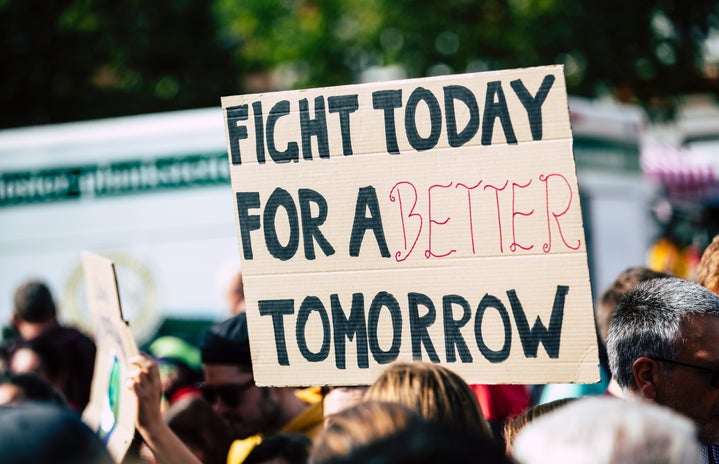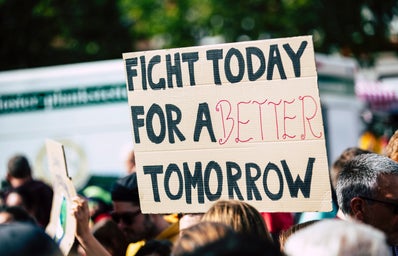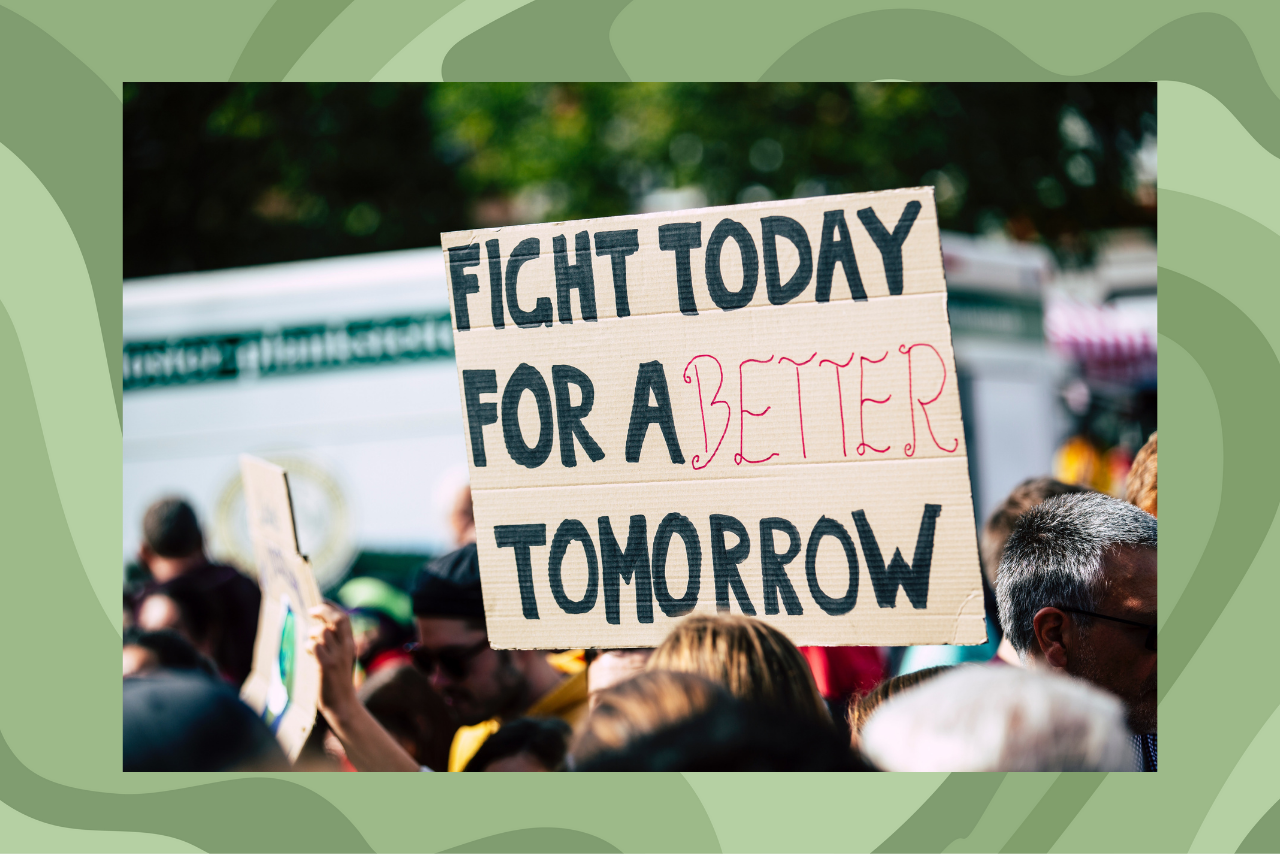The Israel-Palestine conflict has been around for years. In 1947, the United Nations adopted Resolution 181 and divided the British Mandate of Palestine into Arab and Jewish states. Before the current situation in Gaza, the first Arab-Israeli War sparked in 1948, ending a year later in Israel’s favour. The war displaced nearly 750,000 Palestinians and their territory was split into three: the State of Israel, the West Bank of the Jordan River, and the Gaza Strip.
After a long history of making and breaking peace agreements, in October 2023, war broke out between Israel and Hamas — the militant Islamist group that has controlled Gaza since 2006 — in the most significant escalation of the Israeli-Palestinian conflict in decades. On October 7th, the Hamas fighters fired rockets and stormed southern Israeli cities leaning against the Gaza Strip. This not only injured and killed thousands but hundreds of Israelis were taken hostage as well. Despite being taken by surprise, Israel retaliated tenfold. In just one day after the attack, Israel declared war against Hamas followed by a directive from the defense minister to Israel Defense Forces(IDF) to carry out a “complete siege” of Gaza.
How has the war affected the common citizens of the region?
An isdal or toub salah is a cover-up worn by Muslim women for prayer purposes. It’s a piece of cloth that veils the entire body apart from the face or two pieces with a skirt and a veil that covers the wearer past the hips. Apart from prayer time, a woman could be wearing one to answer the door when they have male guests, a quick run to a grocery store, or even a friendly chat with a neighbour.
Palestinian women in Gaza are wearing one all day.
“If we die when our house is bombed, we want to have our dignity and modesty. If we’re bombed and have to be rescued from the rubble, we don’t want to be rescued wearing nothing.”
Sarah Assaad, 44.
Raeda Hassan, fifty six said that the one she has been wearing for years throughout the war is repulsive to her sight. She’d like to buy a new one once the war is over.
“The first thing I’m going to do after the war is to get rid of this and buy a different one so I’m not reminded of the suffering of war.”
Raeda Hassan, 56.
The death toll in the Gaza Strip surpassed 28000. Over a hundred people have been killed in the last 24 hours(10th Feb 2024 – 19:45).
israel is now bombing Rafah – one of the world’s most densely populated places with nearly 1.4 million refugees.
Rafah is Gaza’s southernmost governate that borders Egypt. Over the last four months, Israeli forces have been herding people to the city promising safety “further south”. This led to nearly 1.4 Million citizens getting displaced to the city as a result of the bomb assault. Nearly half of them are children.
Israeli Prime Minister “Benjamin Netanyahu wants to take this area from [Palestinians] and give it to the Zionists,” Seham, 30, told Al Jazeera. “Nowhere in Gaza is safe.”
From Al Jazeera
According to Tel Aviv(City in Israel), four Hamas brigades are present within Rafah. Their presence there is used as a justification for the ongoing attacks by air as well as a planned land assault. Israel also claims to be planning to evacuate the city. Where to? Unclear.
“This is the last place in Gaza[Rafah]… If they attack us here, then where else can we go? […] We’ll have to stay here and die.”
Feryal al-Najjar, 42.
Feryal has traveled all the way from Jabaliya to Khan Yunis, to Rafah(refer to the map above) from 7th October 2023 along with her son and six daughters in hopes of seeking refuge.
They’re waiting to be martyred.
Considering that Rafah borders Egypt, there is reason to believe that Israel might want to push the refugees into Sinai(Egypt). But, borderline security in Egypt was tightened way back in October 2023. Egypt has warned that any Israeli ground assault on Rafah would have “disastrous consequences” and that Israel’s aim to force the Palestinians out of their land would threaten the 40-year-old Camp David peace accord between the two countries.
The population density in Rafah has dropped from 275,000 people over 64 sq km to 22,000 people over the same area.
The displaced have been crowding into UNRWA(United Nations Relief and Works Agency) facilities. Over 150 of their staff has been killed during the attacks. Israel stopped providing aid, and Western countries withdrew their funding once Israel alleged without proof that 12 UNRWA staff participated in the October 7 attack.
Overcrowding has resulted in the spread of disease, with health officials reporting an outbreak of hepatitis A which flourishes in close contact. The patients cannot be isolated; not to mention the dire hygienic conditions that could lead to other outbreaks of scabies or lice.
“Every day for the last four months, […] we heard news that there may be a possible ceasefire, but one never arrived.”
Feryal al-Najjar, 42.
This petty political battle is NOT worth the lives of millions of innocent people. This is beyond the discussion of ethics and decency. There’s no space for discussion anymore.
“Now, we need a ceasefire. Enough of this nonsense.”
Feryal al-Najjar, 42.
CEASEFIRE NOW.
Visit HerCampus at MUJ for more insightful reads!



